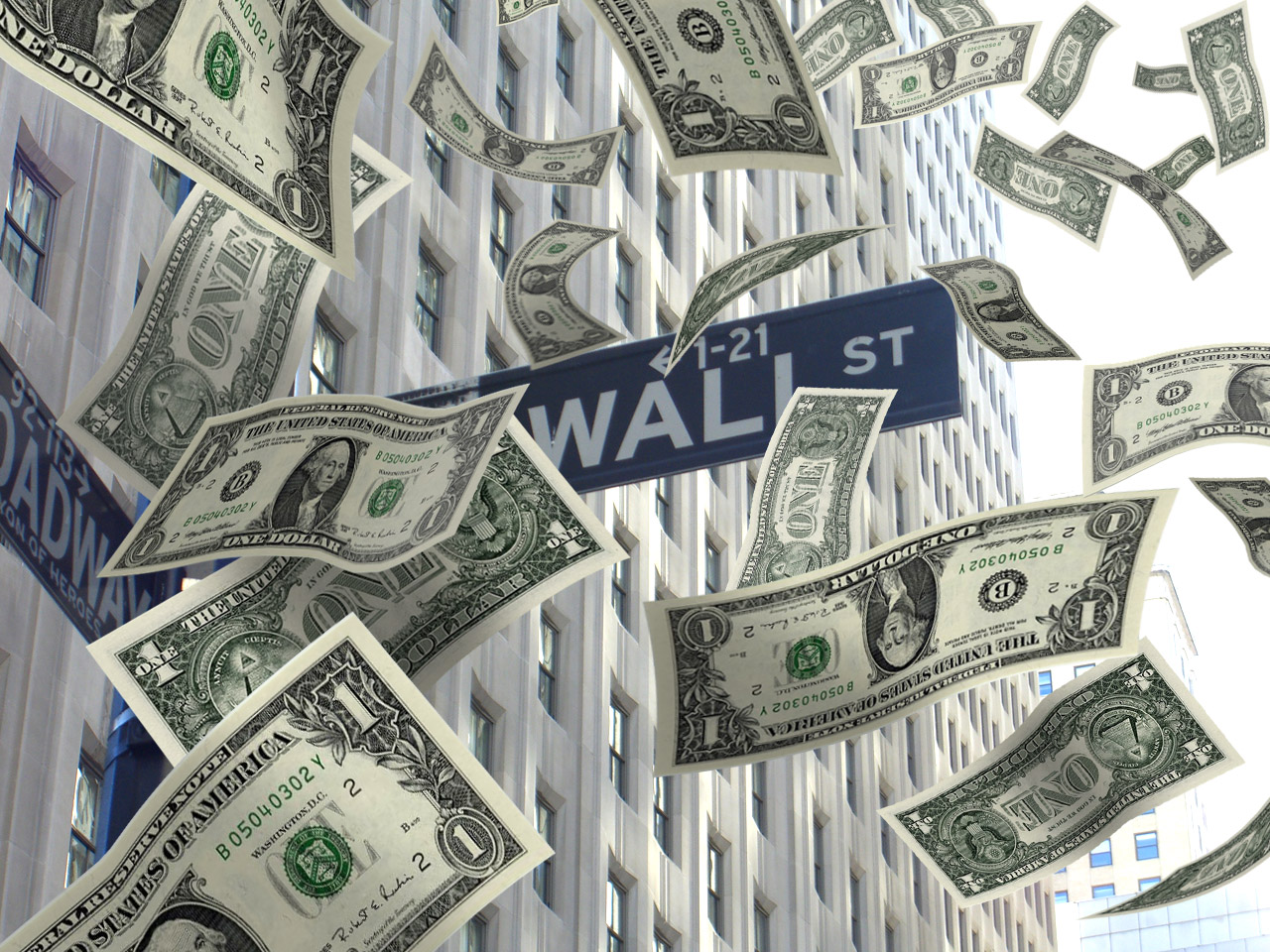
NEW YORK TIMES: The top 1 percent of earners more than doubled their share of the nation’s income over the last three decades, the Congressional Budget Office said Tuesday, in a new report likely to figure prominently in the escalating political fight over how to revive the economy, create jobs and lower the federal debt.In addition, the report said, government policy has become less redistributive since the late 1970s, doing less to reduce the concentration of income. “The equalizing effect of federal taxes was smaller” in 2007 than in 1979, as “the composition of federal revenues shifted away from progressive income taxes to less-progressive payroll taxes,” the budget office said. The report, requested several years ago, was issued as lawmakers tussle over how to reduce unemployment, a joint committee of Congress weighs changes in the tax code and protesters around the country rail against disparities in income between rich and poor. In its report, the budget office found that from 1979 to 2007, average inflation-adjusted after-tax income grew by 275 percent for the 1 percent of the population with the highest income. By contrast, the budget office said, for the poorest fifth of the population, average real after-tax household income rose 18 percent. And for the three-fifths of people in the middle of the income scale, the growth in such household income was just under 40 percent. The findings, based on a rigorous analysis of data from the Internal Revenue Service and the Census Bureau, are generally consistent with studies by some private researchers and academic economists. But because they carry the imprimatur of the nonpartisan budget office, they are likely to have a major impact on the debate in Congress over the fairness of federal tax and spending policies. MORE
